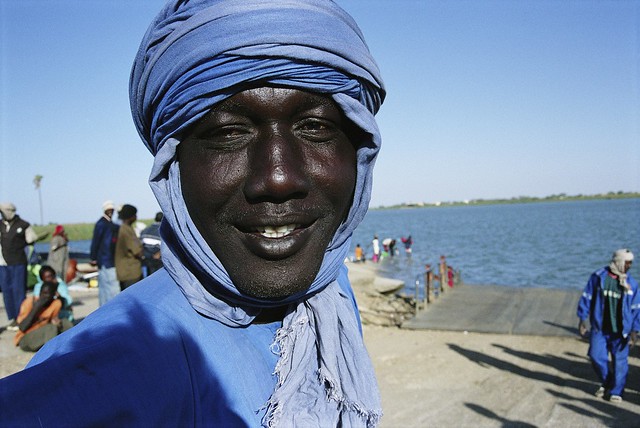About
Equatorial Guinea (EQG) is an upper-middle-income country composed of the mainland, RĂo Muni, and several islands, including Bioko—where the capital Malabo is located—AnnobĂłn, Corisco, and Elobey. With an estimated population of 1.8 million in 2024–2025, it borders Cameroon to the north, Gabon to the east and south, and the Gulf of Guinea to the west. The country has fertile land and significant mineral resources, such as gold, uranium, diamonds, columbite-tantalite, and hydrocarbons discovered in the 1990s.
In power since 1979, President Teodoro Obiang Nguema Mbasogo was re-elected on November 26, 2022, for a six-year term with 94.9% of the vote. The absence of effective checks and balances grants his party, the Partido Democrático de Guinea Ecuatorial (PDGE), dominant control over the executive and legislative branches, holding nearly all seats in the Chamber of Deputies, the Senate, and local councils. Presidential, legislative, and municipal elections were held simultaneously.
Ahead of the polls, President Obiang launched consultations and an electoral census in April 2022. In September 2022, Parliament approved advancing the presidential election to November 2022—five months before the term’s end—citing the economic downturn and the need to reduce public spending.
Manuel Osa Nsue Nsua was appointed Prime Minister on August 17, 2024, succeeding Manuela Roka Botey. A former head of the National Bank of Equatorial Guinea (2012–2024), he now oversees government reform efforts.
On February 14, 2023, the European Parliament adopted a resolution urging the EU and its member states to press for an end to political persecution in Equatorial Guinea. In 2025, the International Court of Justice ruled in favor of the country in its maritime boundary dispute with Gabon, strengthening its territorial sovereignty.
Economy
The economy, still reliant on hydrocarbons, has declined over the past decade due to reduced oil output, lower investment, and external shocks. GNI per capita, estimated at $4,740 in 2024, remains well below its 2008 peak. After contracting by 5.1% in 2023, the economy grew by 0.9% in 2024, supported by higher gas production and a recovery in non-oil activities, but growth weakened again in 2025 as oil production continued to fall.
The fiscal balance shifted from 2.4% of GDP surplus in 2023 to a 0.6% deficit in 2024, while public debt reached 36.9% of GDP. Inflation rose from 2.4% to 3.4%, driven by food prices, before easing to about 3% by mid-2025. Despite major infrastructure spending, 18% of the population still lack electricity and 31% have no access to piped water. Human capital index at 0.49 is below the level expected for the country’s GDP and life expectancy is 60.7 years. Unemployment rate is 13.7% and only 17% of jobs are formal. Poverty increased from 58.1% in 2022 to 59.6% in 2024, reflecting modest growth in agriculture and services and rising food costs.
The government launched reforms to improve governance and diversify the economy. Recent measures include a new tax law, anti-corruption legislation, audits of the largest state enterprises, rollout of a customs IT system and a presidential decree setting measures to improve public finance sustainability. Administrative initiatives such as an e-visa system, one-stop shop for business registration, and a national tourism committee have also been introduced.
Under the Agenda 2035, diversification focuses on blue, green, yellow, and digital economies, and tourism, with enabling policies. The economy is projected to contract by 1.6% in 2025, followed by modest 0.7% growth in 2026–2027, led by non-oil sectors. Continued fiscal discipline and reform implementation, including under the IMF staff-monitored program, will be crucial for improved governance and more inclusive, sustainable growth.
Last Updated: Oct 09, 2025








